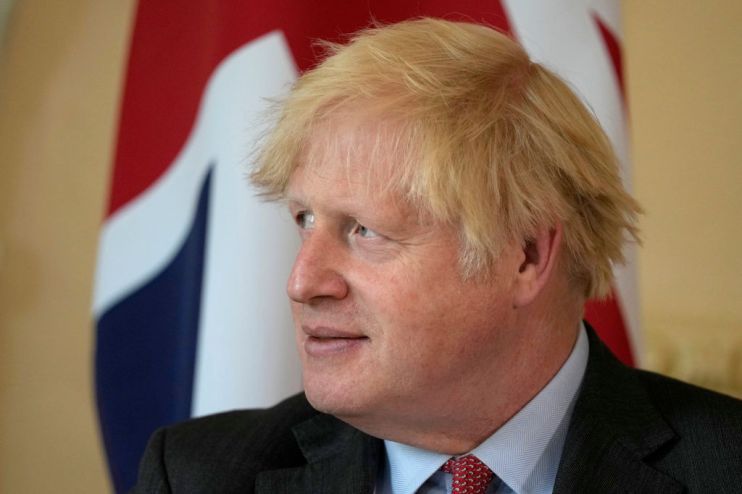Editorial: Quarantine exemptions for CEOs must be part of wider travel plans to fulfil the Global Britain promise

In December 2019, Boris Johnson vowed to fight for a Global Britain as the nation prepared to leave the European Union. He promised to ensure the United Kingdom would remain a hub for international business and would be even more attractive on the world stage once it was unshackled from the bureaucracy of Brexit.
Over the course of the pandemic, however, the Prime Minister has presided over Britain becoming a cloistered nation, with its crown jewel, London, shut up by numerous lockdowns and cumbersome travel restrictions.
Finally then, the promise of relaxing rules for foreign CEOs is a welcome, albeit limited, reprieve and an acknowledgement of the economic hardship the capital, and in turn the country, has suffered. This minor relaxation was a small step in the right direction, but it should have been a large lunge to show how far the UK has come and the freedom we can now seize back with the protection of the vaccine.
For Londoners, it was painful to watch French President Emmanuel Macron flit around Versailles with a cohort of 120 global CEOs. Paris is fighting hard to reel in some of London’s international investment. JPMorgan CEO, Jamie Dimon who travelled to France, did not visit London because of the stringent quarantine rules. President Macron rolled out the red carpet for Mr Dimon and spent the day after the Versailles summit visiting JPMorgan’s new hub in central Paris, where 440 employees will be based, many of whom have relocated from London.
The London economy has lost more than £50bn in the twelve months since the very first “stay at home” order was issued in March last year, according to analysis by the Centre of Business Economics and Research. Even before the pandemic, the capital was faced with an existential fight to prove its value in a post-Brexit Britain. It was a fight the city’s ardent supporters were willing to take up.
The promise of relaxed rules will hopefully be the beginning of a concerted effort from ministers to drive capital into the UK. However, it needs to be part of a broader plan to open up travel. Trying to calculate a cost-benefit analysis of who to allow easy access to our shores and who to keep out is a dangerous path to travel down. A hodge-podge patchwork of exemptions flies in the face of the victory of our vaccine rollout.
Tourist spending in the capital has plunged £10bn in the last year and will keep falling so long as we do not reap the rewards of a successful jab programme.
Even with the Delta variant spreading, the chief medical officer has given his blessing to reopen nightclubs and events. If the link between cases and hospitalisations has been severed enough to allow the domestic economy to reopen, there is little sense in keeping our borders closed over variants which, as yet, have not proved immune to the vaccine.
Ministers have promised to exempt double vaccinated travellers from quarantine upon return from amber list countries at some point over the summer. But they have added little flesh to the bones of this policy and have not enabled the travel sector, which has been bleeding relentlessly during the pandemic, to begin to plan for brighter horizons.
The exemption has been criticised by both ends of the political spectrum. Indeed, it is vulnerable to accusations of both not going far enough and being elitist. Many will rightly cry: why should big business be granted with freedoms many Brits do not have? In symbolism it is a powerful sign of the government’s acceptance we must now turn to the future. But it cannot be a step taken in isolation if the Prime Minister is serious about his Global Britain agenda which must begin with re-establishing a Global London.
